The Israel-Hamas war highlights the power (and the limits) of open-source reporting
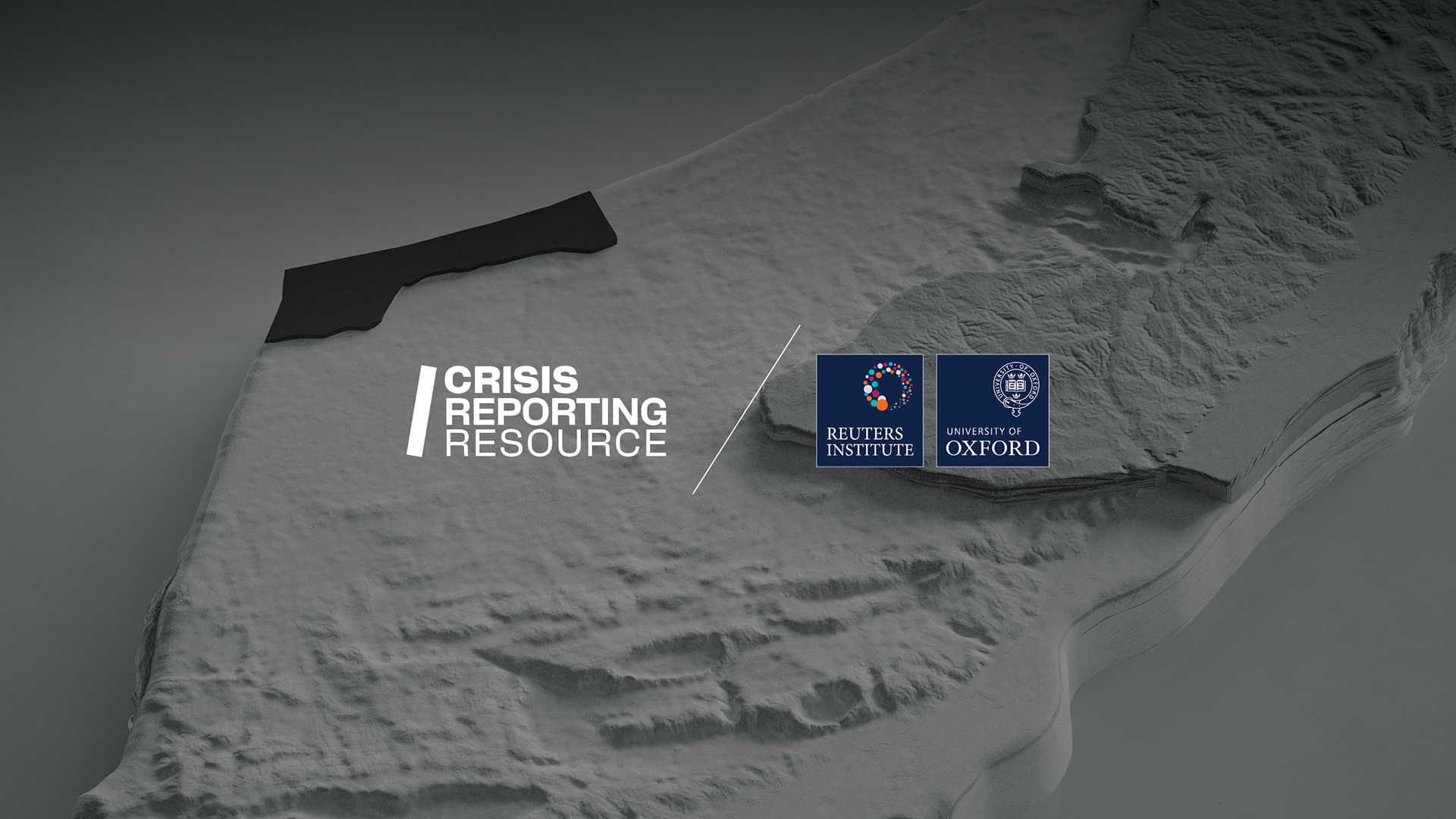
The use of OSINT to report accurately on the Israel-Gaza war.
Investigating War Crimes: Attacks on Civilians
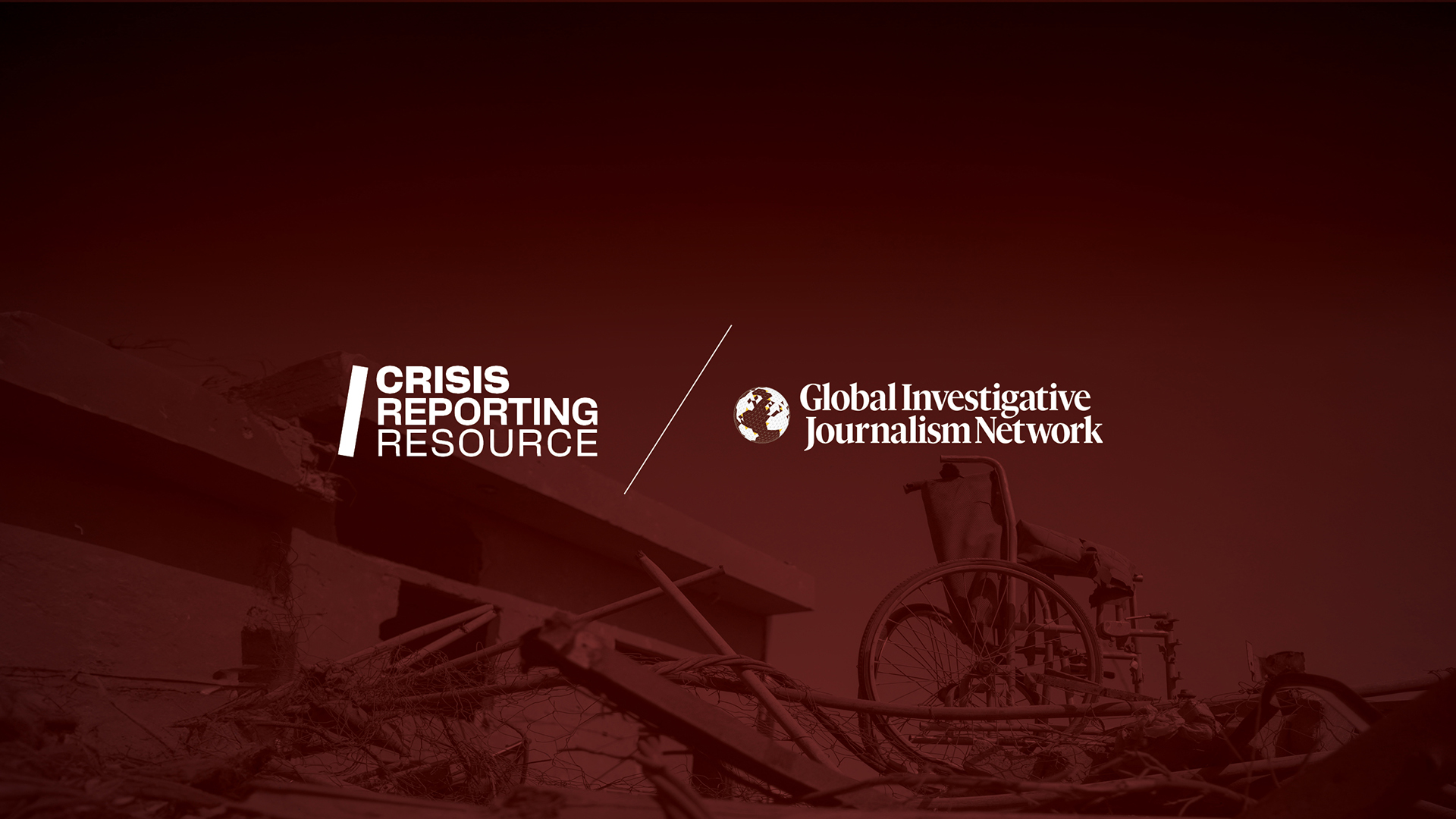
Journalists are key witnesses to atrocities committed against civilians.
Gaza war: reporting from the frontline of conflict has always raised hard ethical questions
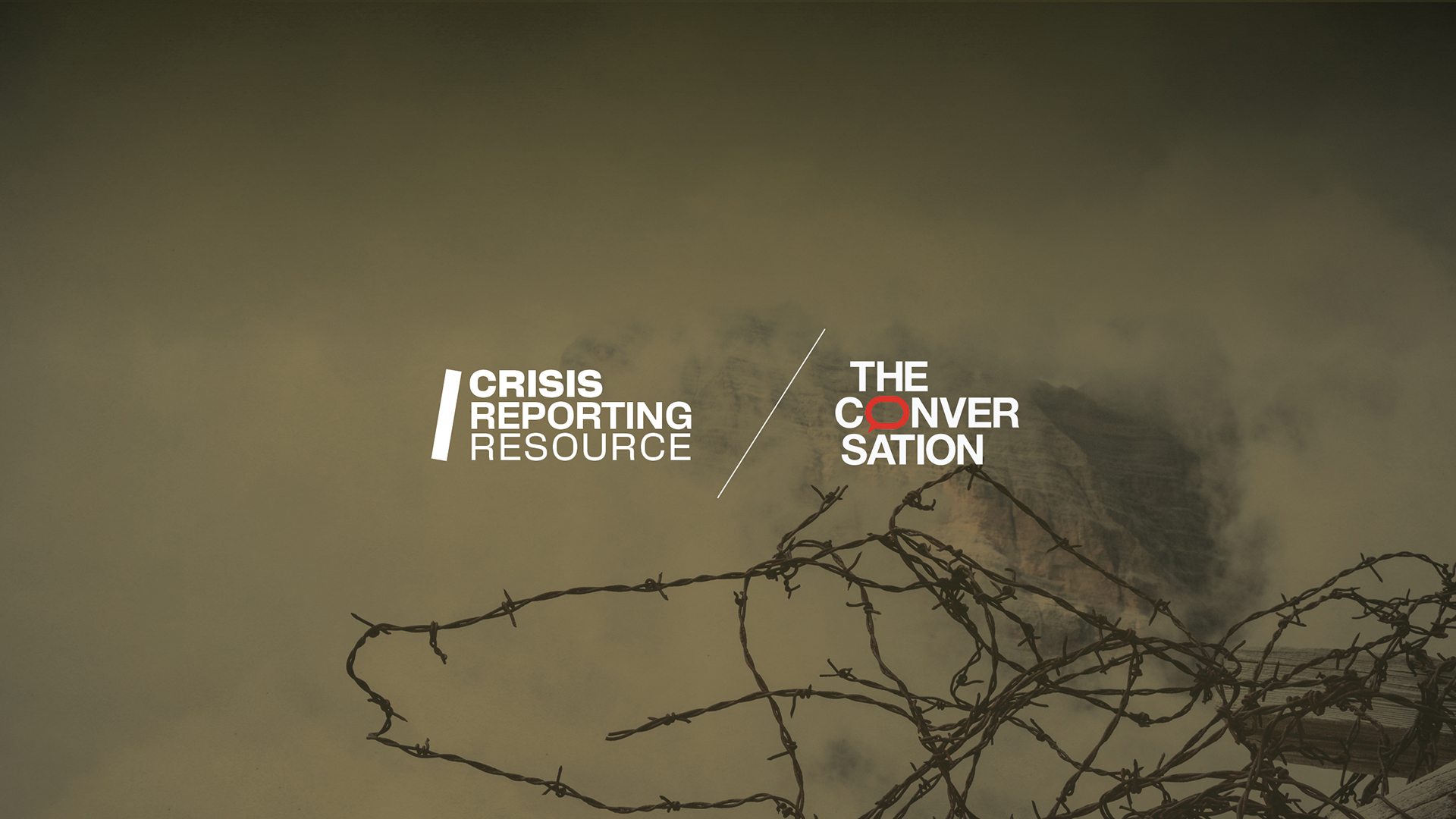
Live reporting is prone to the dangers of speculation, mistakes and disinformation traps for the unwary.
Satellite Images Suggest Russia is Ramping Up Production Capacity for its War Against Ukraine
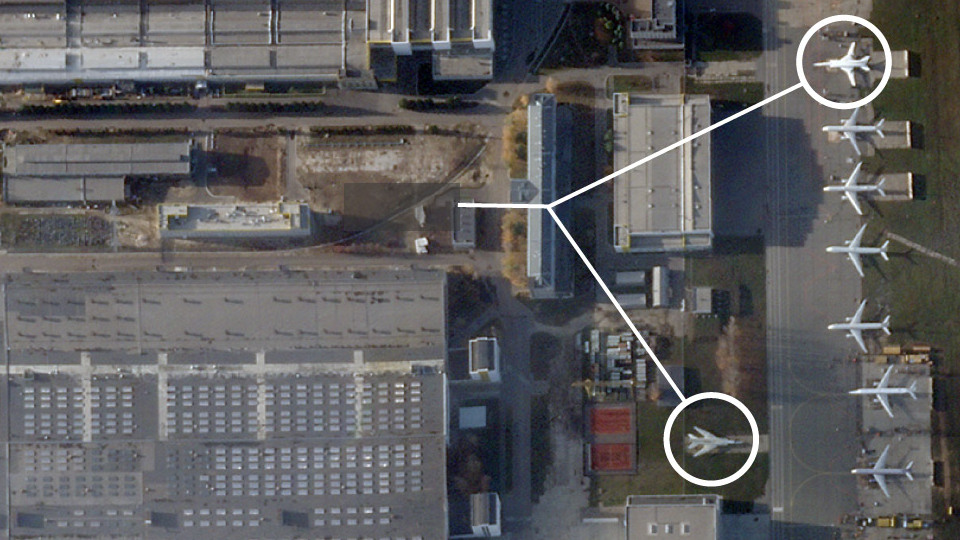
An analysis of satellite images by Schemes suggests that Russia is actively building up its capacity for weapons production and developing new factories.
Gaza war: Israeli government has Haaretz newspaper in its sights
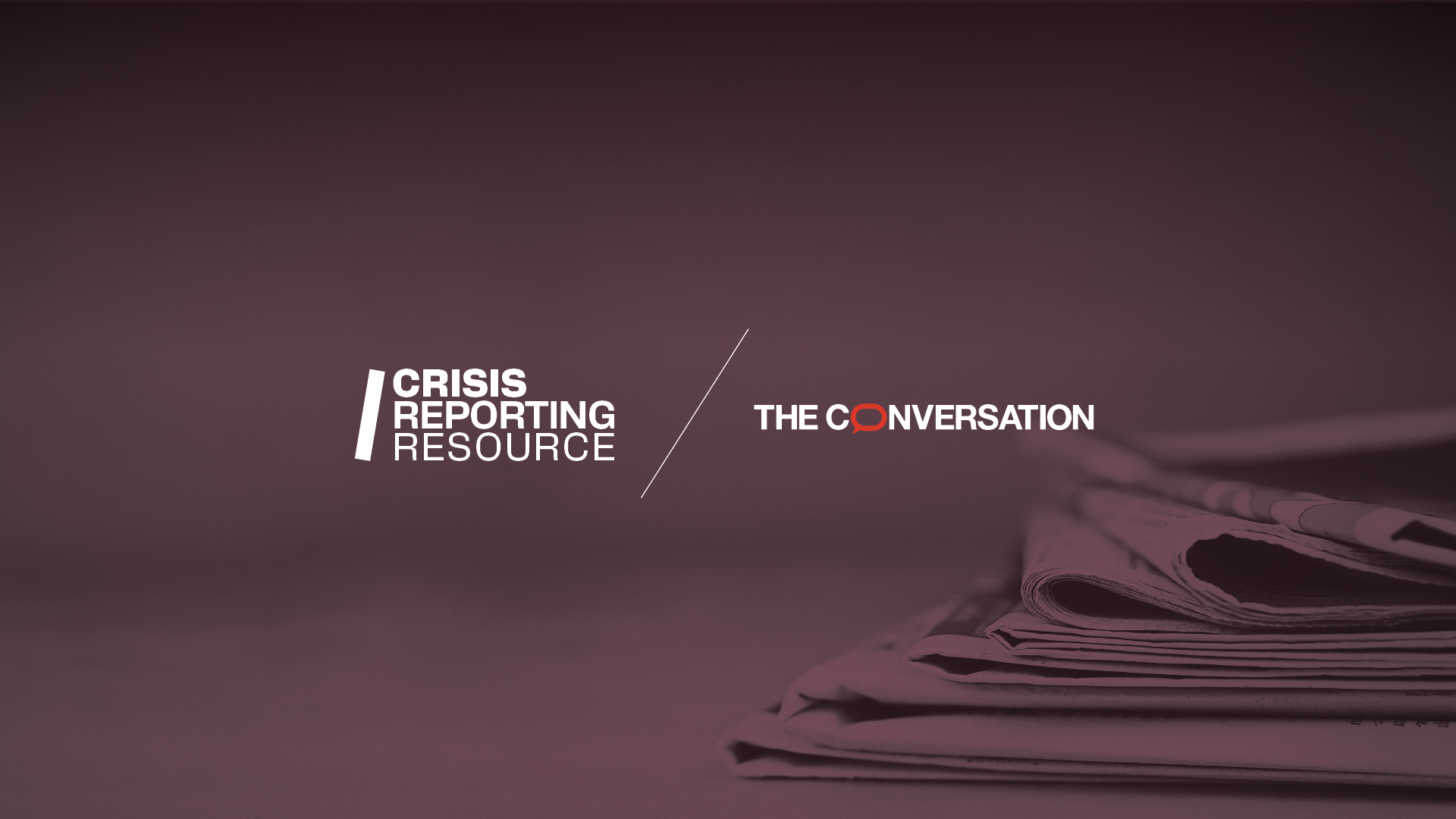
The Israeli government is putting pressure on the left-leaning newspaper Haaretz to line up in support of the government in its conduct of the war in Gaza.
In Samos, on the run from Hamas

A Palestinian flees to Greece and seeks political asylum. He claims that he is being pursued by Hamas. iMEdD gained access to the case file.
The trauma of covering the front line

The mental toll on journalists covering the war in Gaza.
Gaza: Hell for children

More children have been killed in 49 days of war in Gaza than are killed in all conflicts on the planet annually.

